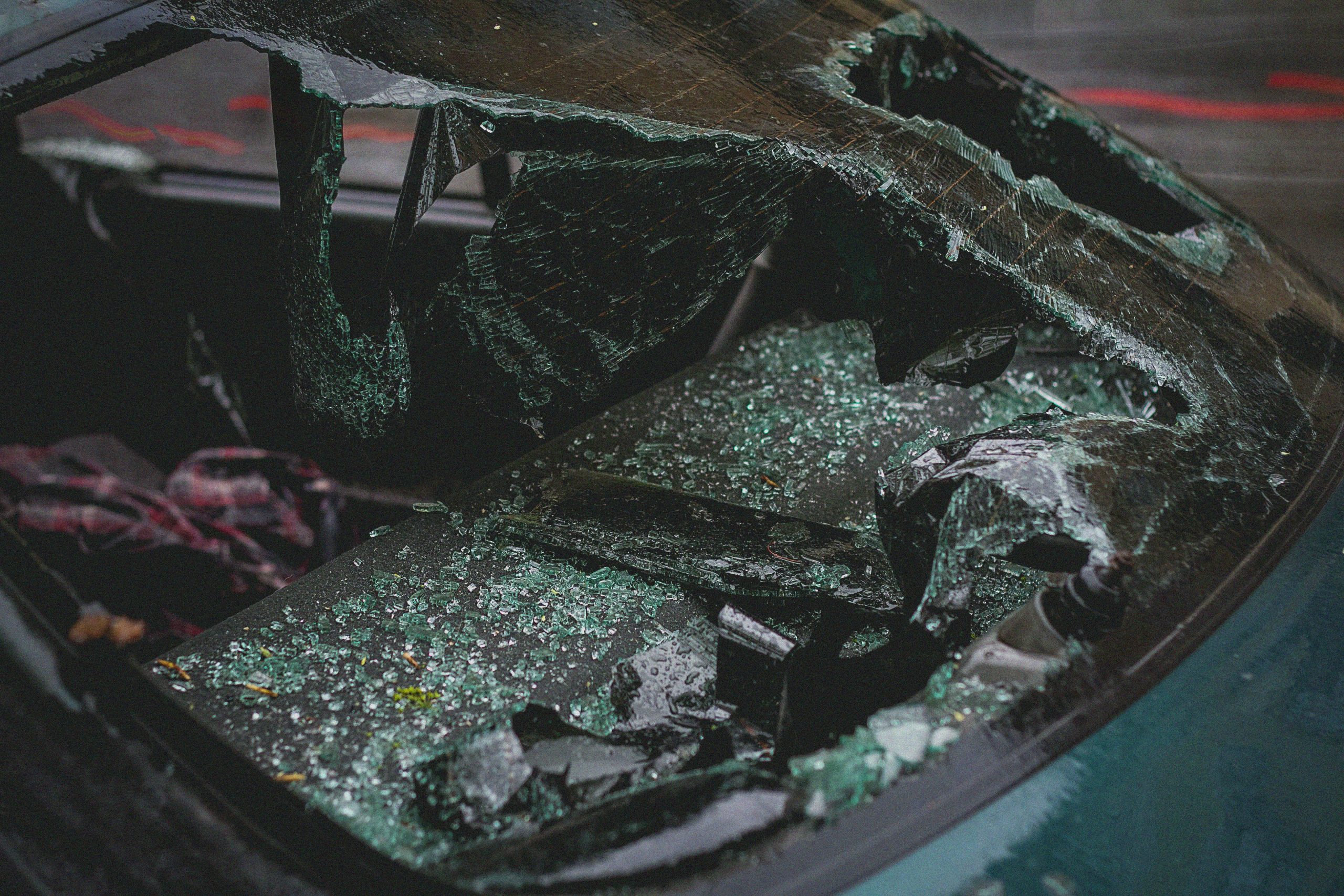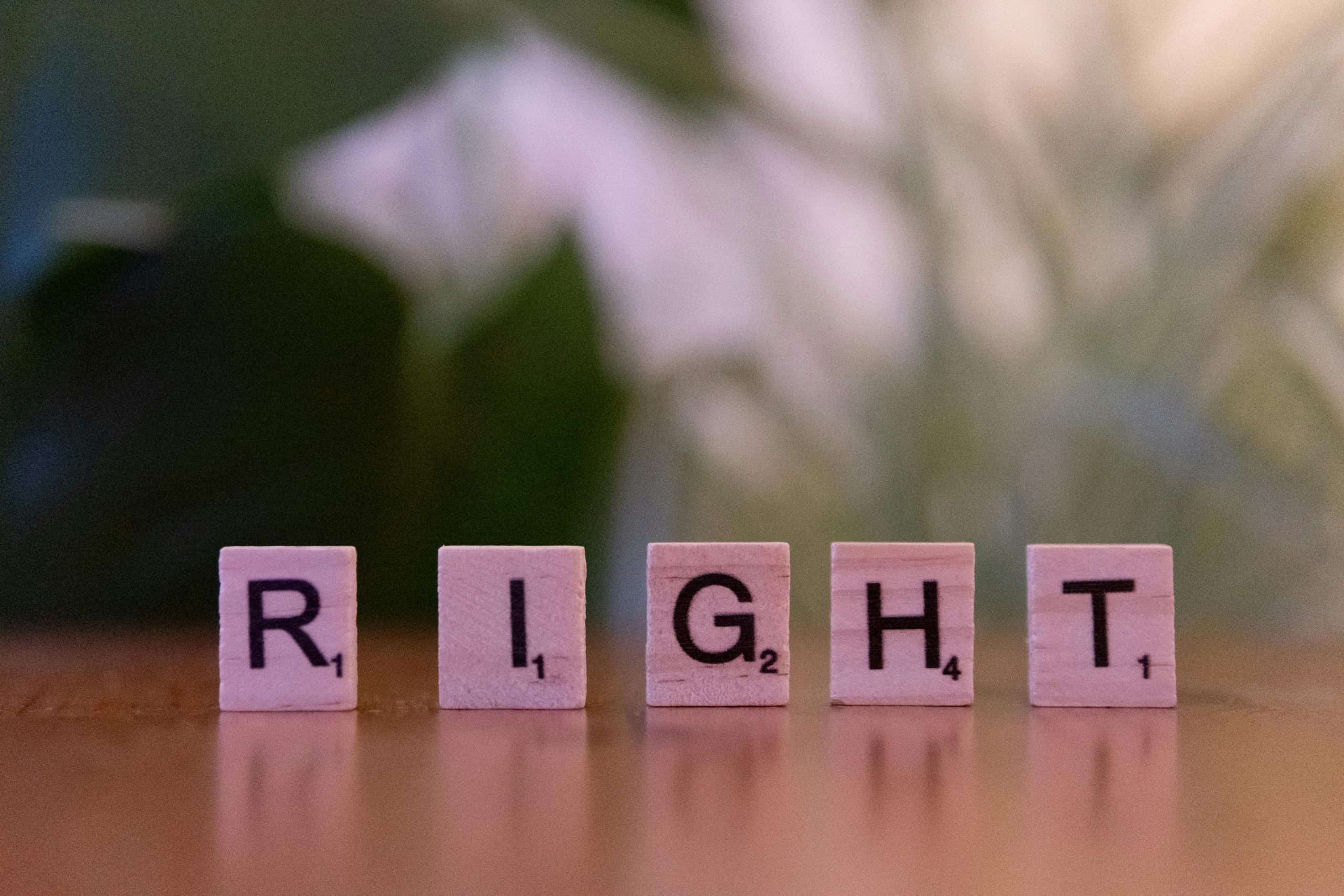Understanding Post-Accident Vehicle Repair Challenges: Navigating Liability and Unexpected Issues
In the aftermath of a rear-end collision, vehicle repair processes can sometimes become more complicated than anticipated. Recently, a driver shared their experience of dealing with insurance claims and repair shops, highlighting some critical concerns that vehicle owners should be aware of.
The Incident and Initial Repairs
A few weeks ago, this individual was involved in a rear-end collision caused by another driver. Liability was accepted by the at-fault driver’s insurance company, which directed them to a designated repair facility. The repairs were primarily focused on cosmetic damage—specifically the rear bumper and backup camera assembly.
Post-Repair Experience
Although the repair shop initially delayed pickup but later announced the vehicle was ready, problems arose upon retrieval. The owner was informed that the car would no longer start. The repair shop claimed that an electrical wiring issue had emerged, and surprisingly, stated they were not responsible for the new problem. The owner was instructed to arrange and cover the costs of towing and repairs independently.
Pre-Accident Vehicle Condition
Prior to the collision, the vehicle was in excellent running condition, with no existing electrical issues. Diagnostic tests confirmed the car only had issues related to the damaged bumper and backup camera, which were addressed directly.
Insurance and Responsibility Dispute
When contacting the insurance provider of the at-fault party, the response was dismissive, suggesting that their liability coverage no longer extended to the new electrical fault. This has left the vehicle owner facing unexpected repair expenses and towing costs, despite the accident being clearly attributable to the other driver’s negligence.
Legal and Practical Considerations
This situation raises important questions about consumer rights, liability, and repair shop accountability. Vehicle owners in similar circumstances should consider the following steps:
– Obtain a detailed, written report from the repair shop regarding the electrical issue.
– Seek an independent mechanic’s assessment to verify whether the electrical problem is related to the recent repairs.
– Review your insurance policy and consult with a legal professional to understand your options for pursuing compensation or coverage.
Final Thoughts
While unfortunate, experiences like these underscore the importance of thorough documentation and understanding your rights after a collision. If you find yourself in a similar situation, exploring legal advice and engaging with consumer protection agencies can help ensure your interests are protected and that responsibility is appropriately enforced.
If you’ve encountered a comparable scenario or have advice to share, join the discussion below. Your insights could help others facing similar challenges navigating auto repairs and insurance claims.



